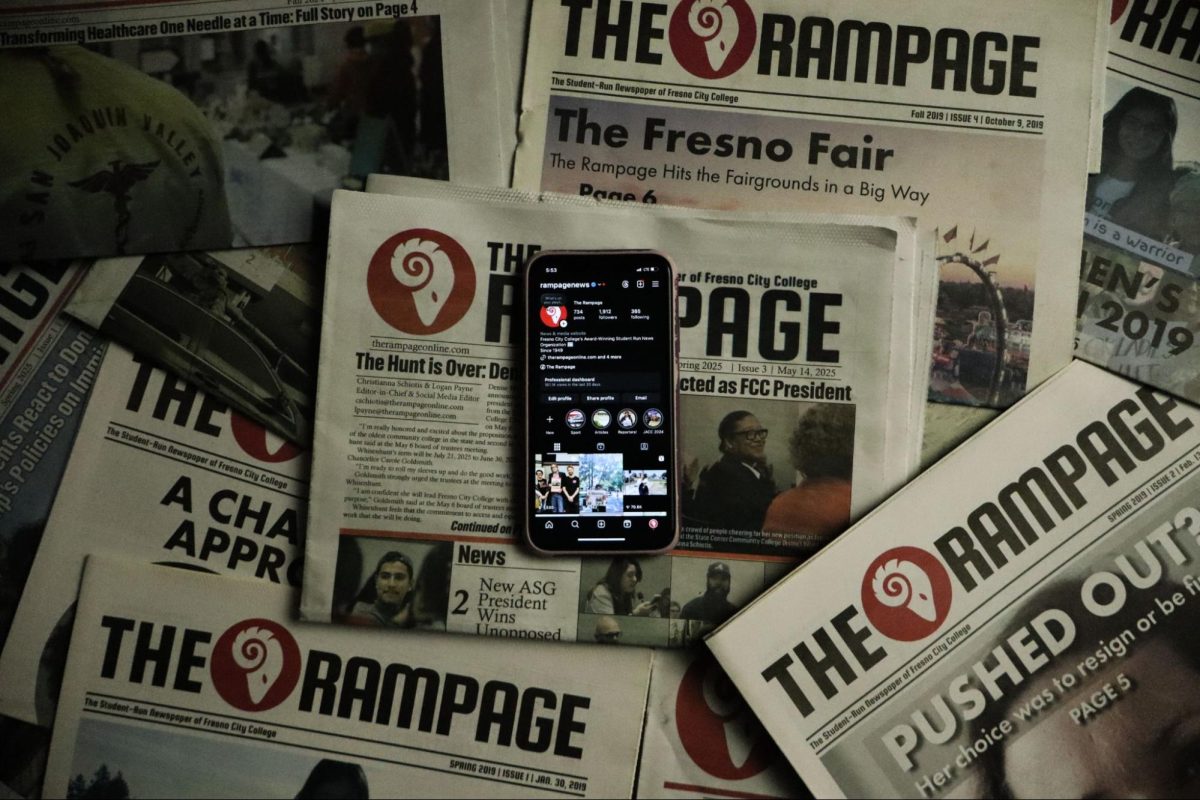Sports betting is a very controversial topic in our society. In the United States, the Professional and Amateur Sports Protection Act of 1994 makes it illegal to operate a “betting, gambling or wagering scheme”, except for in the states of Delaware, Nevada, and Oregon. Enthusiasts of legalized sports betting generally regard it as a hobby for sports fans with the potential to increase their interest in particular sporting events. This would in turn, benefit the leagues, teams and players, bringing them higher game attendances and television audiences. On the other hand, opponents fear that the over and above ramifications of gambling may threaten the integrity of amateur and professional sports and its history.
In an article by the New York Times, it is said that three commissioners of major professional sports leagues spoke out against sports betting. They argue that, “The legalization of team sports betting by any state or municipality would increase the chances that persons gambling on games will attempt to influence the outcome of those games,” former Major League Baseball commissioner Fay Vincent told the Senate Judiciary Committee’s Subcommittee on Patents, Copyrights and Trademarks. “High rollers have high incentive to induce players to fix games or to shave runs or points.”
Ben Davidson, the former Oakland Raider defensive end, testified against the measures. “The issue is not whether gambling will exist, but who will control it,” Davidson said. “I would much rather see this activity in the hands of state officials who will carefully regulate it than in the hands of organized crime, Benny the Bookmaker or even Joe Smith at the water cooler.” The argument against sports betting is that it will question the integrity of players, coaches, teams, referees, and the whole league.
In the Journal of Gambling Studies, supporters for sports betting argue that:“The most significant public policy issue associated with sports betting is legalization. Supporters of legalization rest the bulk of their case on the economic benefits the state can experience. They also assert that legalization will have a major negative impact on the extent of illegal gambling. Those who are against further legalization, particularly amateur and professional sports leagues, the horse race industry, and legal bookmakers, point out that sports wagering is not very profitable and is very risky for the operator. Furthermore, legal wagering will be unable to compete effectively with the price of illegal operations.”
If sports betting is made legal, it will remove the negative aspect of gambling on sports. Fans and spectators will be able to interact with the games more and will make athletes more competitive. Supporters say that sports betting will add excitement. It’ll make a regular person feel as if they’re part of the team. Not only will the individual athletes of the game suffer when they lose, the person who bet for them will suffer as well.
What those against the legalization of sports betting are trying to say, is that sports betting will question the integrity of the sports world. In other words, who’s to say that athletes won’t choose to “shave” points or not perform to their maximum potential just to help someone they know to make money? Or maybe they owe someone a big favor. On the other hand, those supporting sports betting also make a good point when they state that athletes will become more competitive. For instance, individual athletes will compete more to beat the odds against them.







